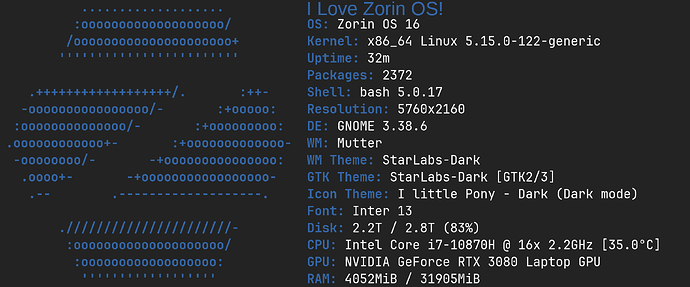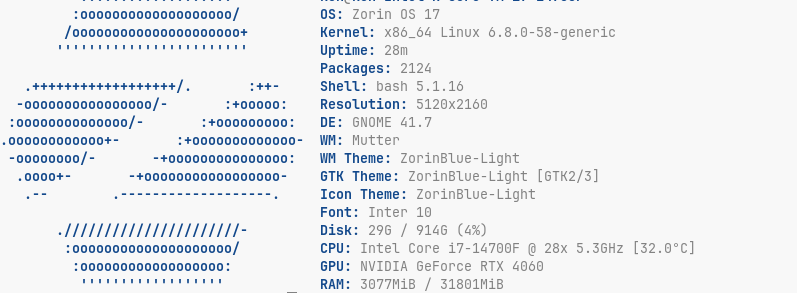I'm back — and this privacy/open-source journey has not been an easy one.
I'm pretty tech-savvy, but let me be honest: switching to open source is not cheap, easy, or always better. While open source has improved a lot, it still doesn't match the seamless experience of most proprietary software. That’s one of the biggest reasons it took me so long to make the switch.
As a former Apple user, the transition was tough. Apple packages everything into one polished and easy-to-use system, and finding open-source alternatives that could compete took a lot of effort. In the end, I had to buy a new phone and a new computer. Ironically, I now pay more for various privacy-focused cloud services than I ever did for iCloud.
So why make the switch? Privacy. With AI growing fast, personal data being sold constantly, and increasing control from both big tech and governments, the future seriously worries me. What seems harmless today might not be in the future. I didn’t want my most sensitive data in the hands of corporations that don't have my best interests at heart.
Here’s what I ended up with:
- Computer: ZorinOS
- Phone: Pixel with GrapheneOS
I tested a bunch of Linux distros before settling on ZorinOS. I tried Pop!_OS (it froze too often), Linux Mint (no Snap support and looked outdated), Ubuntu (very basic and lacked Flatpak support), and a few others I can’t even remember. ZorinOS had the best mix of looks and usability. I did leave it for a bit due to audio and reboot issues, but those were hardware-related. After exchanging computers multiple times at Best Buy, I finally got a business-class machine that just worked — except for the suspend feature, which still doesn't work properly. I’ve just accepted that for now.
Hardware compatibility was another major issue. Finding a graphics card that could run my LG 5K2K ultrawide monitor was harder than expected. Many newer GPUs and chipsets don’t play well with Linux unless you’re using the absolute newest kernel, which most long-term support distros don’t include by default. I had to double-check every spec to make sure it would work with Linux.
App replacements were also tricky. I really tried to make NextCloud and OwnCloud work as iCloud replacements, but they were slow, hard to set up, and frequently broke. Syncing files, calendars, tasks, and notes was unreliable. I gave up on those.
Here’s what I ended up using instead:
- Apple Photos -> Ente
- Apple Reminders -> Tasks.org
- Apple Notes -> Joplin
- iCloud Drive -> MEGA
- Apple Mail -> ProtonMail
- Apple Passwords -> Bitwarden
- Apple Maps -> Magic Earth
- YouTube Premium -> NewPipe (the only one that actually saved me money)
- Apple News -> Just using the AP News website
- iMessage -> Signal (got a few friends and family on board)
- Apple Weather -> Breezy Weather
- App Store -> F-Droid and Aurora Store
One last major area where open source still falls short: TV and streaming. Kodi was the closest thing I could find, but it was limited when sticking to fully legal content. A lot of the content on Kodi is pirated, and that’s not what I’m here for. I’m switching for privacy, not to pirate stuff. Most other open-source TV setups rely on FireTV or Android TV, which are proprietary and full of tracking.
In the end, I went with old-school DirecTV. No internet connection, just a satellite dish and DVR. Surprisingly, it’s a better viewing experience than Apple TV. I don’t have to jump between apps, log in repeatedly, or deal with constant ads. I just turn on the TV, go to my recordings, and everything’s there. I even get to skip all the ads (with recordings). When I want to zone out, I can just channel surf (ads are still there though).
So yeah — that’s my open-source journey. If privacy weren’t such a growing concern, I probably wouldn’t have made the switch. Open source is finally getting good enough to replace proprietary software, but it's still a rough path. That said, if privacy matters to you, it’s worth the struggle.
Hope this helps someone out there considering the switch.


